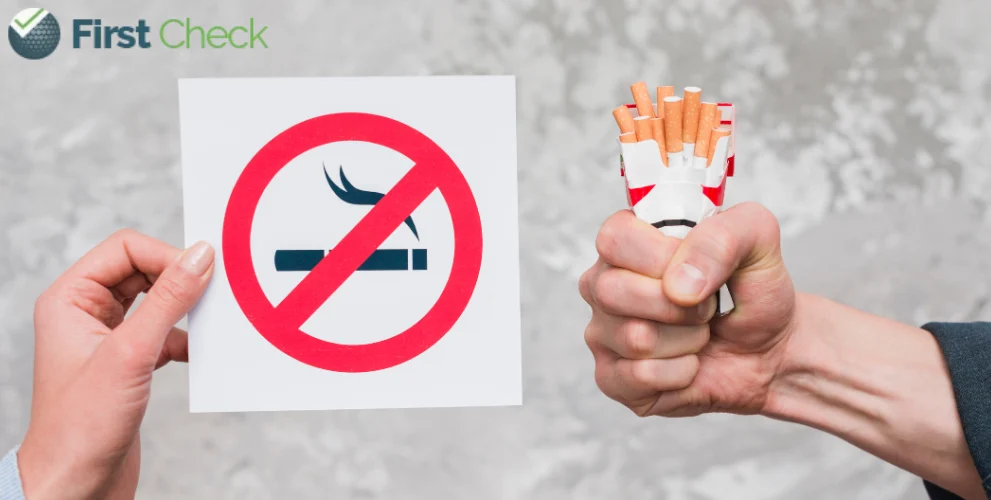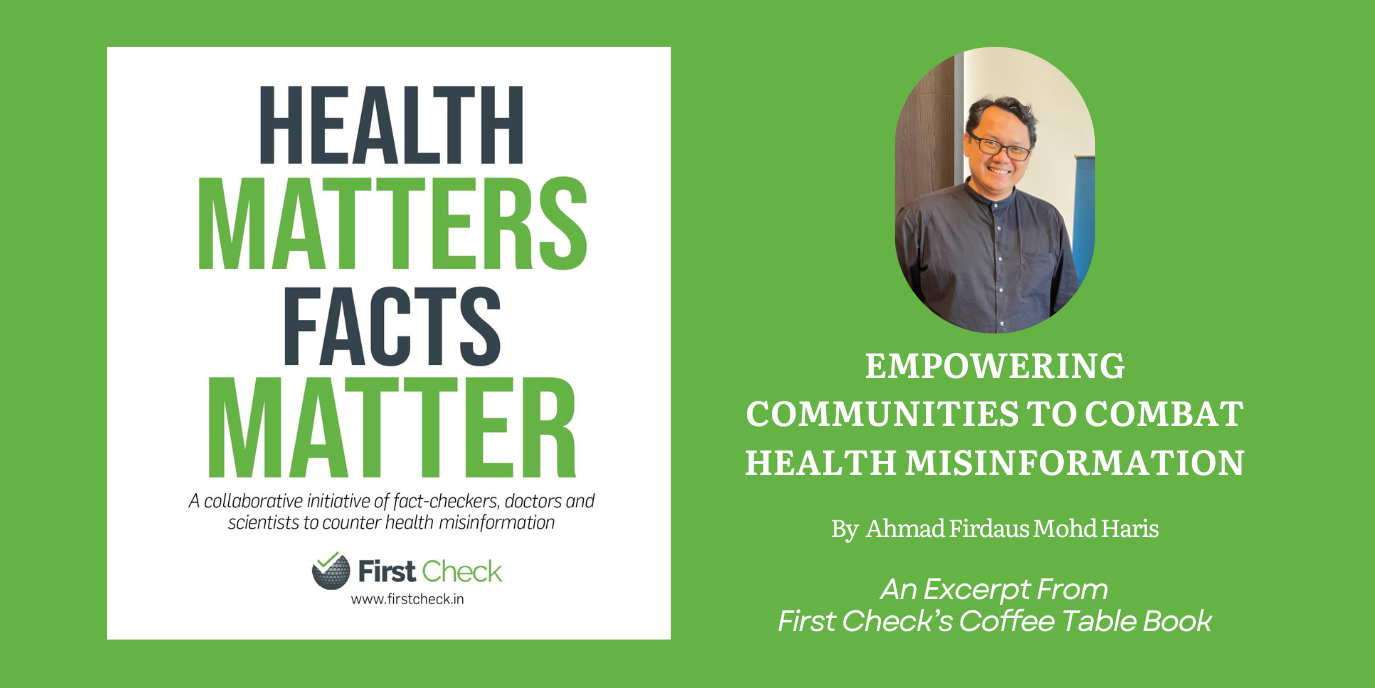WHO guideline for 750 million tobacco users seeking to quit
Author
Author
- admin / 2 years

- 0
- 2 min read

Author
The first-ever clinical treatment guideline for tobacco cessation in adults recommends behavioural support delivered by healthcare providers, digital cessation interventions, pharmacological treatments.
Tobacco kills more than eight million people per year and imposes a significant economic burden throughout the world. Globally, there are 1.25 billion people who use tobacco, of which over 60 per cent – more than 750 million people – wish to quit, according to the World Health Organization (WHO).
As tobacco control policy efforts increase, the scaling up of comprehensive tobacco cessation services to support current tobacco users to quit is imperative. WHO has recommended a comprehensive set of tobacco cessation interventions, including behavioural support delivered by healthcare providers, digital cessation interventions and pharmacological treatments in the first-ever clinical treatment guideline for tobacco cessation in adults.
The primary audience for the guideline is healthcare providers working in clinical and community settings, where tobacco users may present and be managed. The recommendations on system-level interventions and policies contained in this guideline are intended to inform policy-makers and health service managers on how to provide more effective tobacco cessation approaches and services.
“The recommendations are relevant for all adults seeking to quit various tobacco products, including cigarettes, waterpipes, smokeless tobacco products, cigars, roll-your-own tobacco, and heated tobacco products (HTPs),” WHO said. No recommendation is made on the use of traditional, complementary and alternative therapies for tobacco cessation due to insufficient evidence.
“The immense struggle that people face when trying to quit smoking cannot be overstated. We need to deeply appreciate the strength it takes and the suffering endured by individuals and their loved ones to overcome this addiction,” Dr Rüdiger Krech, Director of Health Promotion at WHO said. “These guidelines are designed to help communities and governments provide the best possible support and assistance for those on this challenging journey.”
WHO recommends varenicline, Nicotine Replacement Therapy (NRT), bupropion, and cytisine as effective treatments for tobacco cessation. Additionally, behavioural interventions, including brief health worker counselling offered routinely in healthcare settings, alongside more intensive behavioural support for interested users is also recommended. Digital interventions, such as text messaging, smartphone apps, and internet programmes can also be used as adjuncts or self-management tools.
Read More : World No Tobacco Day: 7 evidence-based facts about tobacco use









